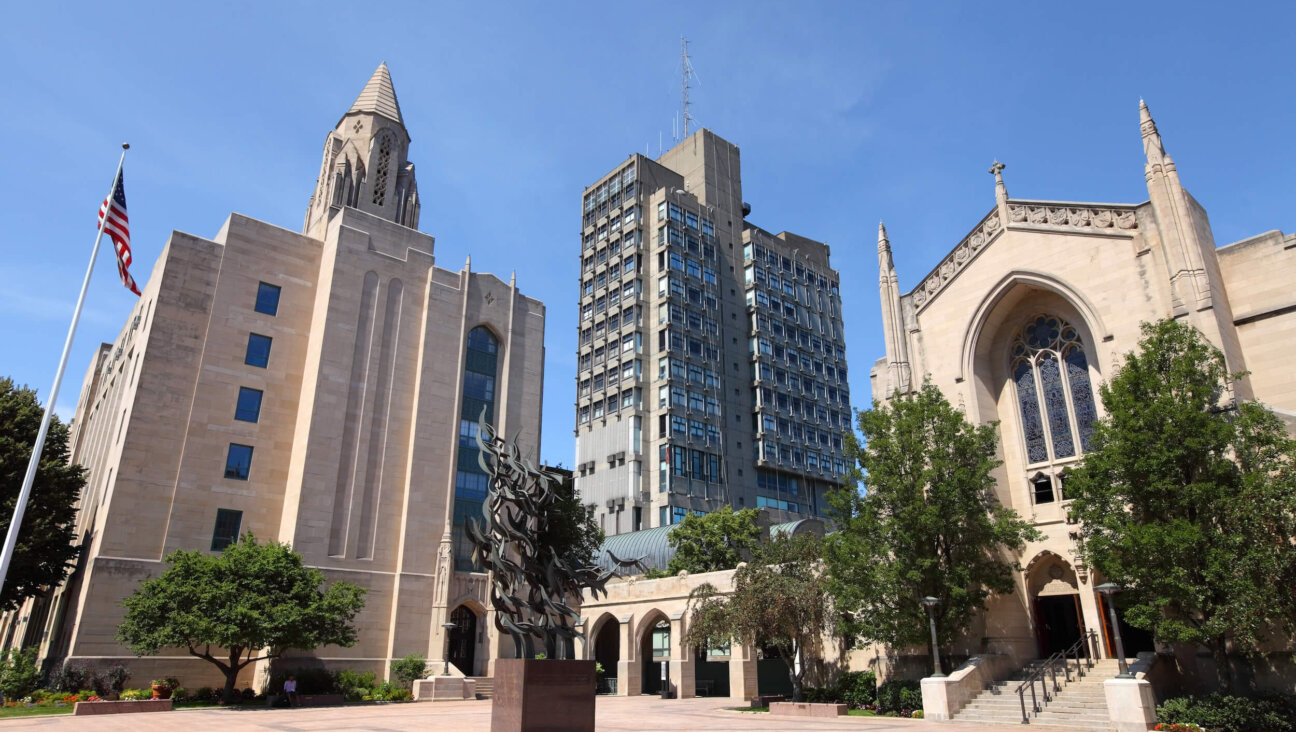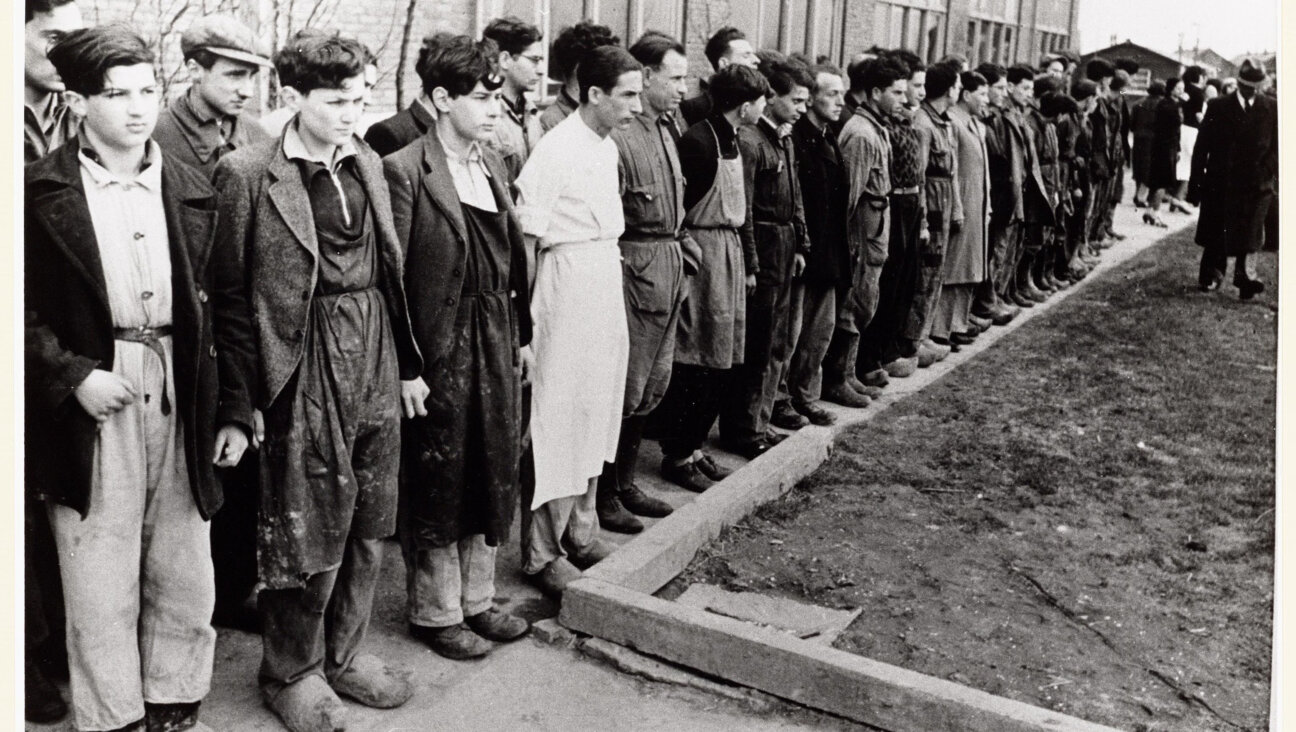A Bitter Tea Party
Americans have railed against the power of the federal government even before we had one, so the recent, ridiculous remarks by GOP Senate candidate Rand Paul about the Civil Rights Act unfortunately find an echo in history. Worse has been said, and done. Besides, every generation needs to be reminded to guard against government tyranny, just as we need to be mindful of the cruelty of an unfettered market — though no more reminders of that have been necessary lately.
Rand’s obvious distaste for the federal obligation to prevent discrimination reveals more than just his deep suspicion of government and his misreading of civil rights history. It reveals one of the great ironies in the Tea Party movement he currently leads.
We’re told that the movement is fueled by angry citizens hurt by the economic downturn, who believe that the federal government’s power to spend, tax and regulate should be dramatically limited to spur growth and protect individual liberty. But if this were strictly about the economy, then it’s logical to postulate that the movement would be filled with African Americans and Hispanics, who have been hit hardest by this recession — their rates of unemployment are higher and have grown faster than joblessness among whites.
And yet despite occasional attempts to pretend otherwise, Tea Partiers are virtually all white. A New York Times/CBS News poll released in April found that only 1% are black and 1% are Hispanic.
Economic status is clearly only one predictor of an American’s political leanings (as is recognized every time a majority of Jews vote for a Democrat — that is, almost all the time). But the deep racial disconnect we are seeing in this momentarily powerful populist movement helps explain Paul’s statements on the Civil Rights Act.
Those in the historic majority — that is, middle-aged, middle-class whites, the mainstay of the Tea Party — don’t need government to protect them or their interests because they already hold the power to do that. Those in the minority — whether by race, religion, nationality, sexual orientation, whatever — have long relied on enlightened government to make sure their voices are heard, too. That’s why we have a U.S. Senate, to protect the interests of small states. Why else grant Wyoming the same number of representatives as New York?
Paul’s suspicion about the need for civil rights protection is not simply a principled expression of libertarian thought. It reflects a serious misunderstanding of American history and constitutional values. Someday, when he and his ilk are in a true minority, perhaps he’ll come to appreciate how precious those protections really are.














